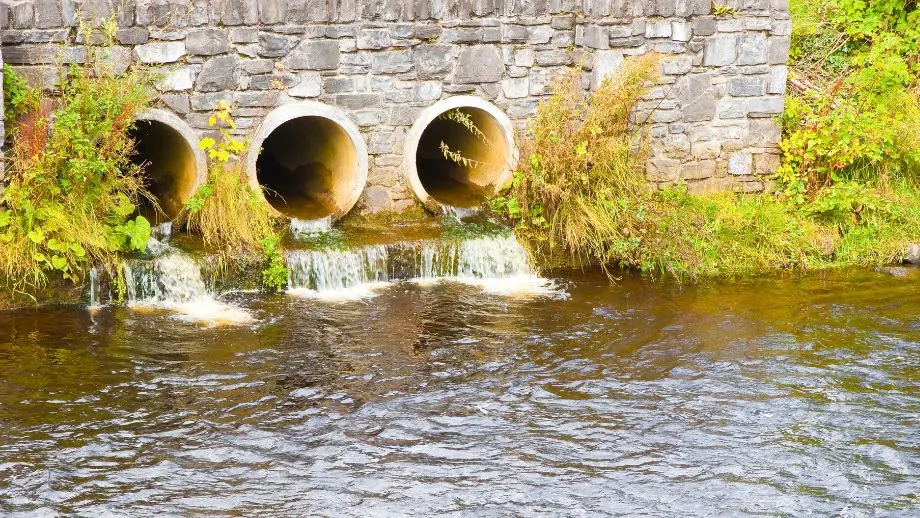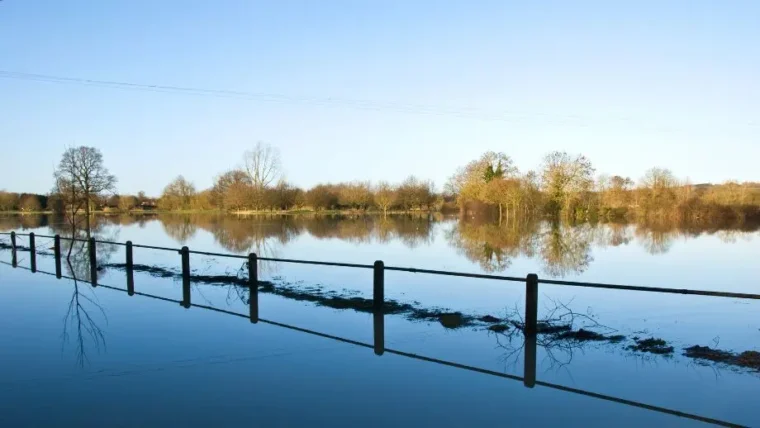Top 3 Ways to Reduce your Effluent Bills – Regulatory Performance
22 July 2015

Over the last few months, we have talked about how to reduce your trade effluent bills. If you discharge effluent as part of your activities or processes on site, you must have a trade effluent consent from your regulating authority. You will also be charged for the trade effluent you discharge, based on the strength or load and the volume. You can take action to reduce your trade effluent bills which we have talked about in previous blogs when discussing process optimisation and operating efficiency. For the final blog in this series, we will focus on regulatory performance and compliance.
Your Trade Effluent Consent
Your trade effluent consent is a legal document. You are legally obliged to have one if you discharge trade effluent, and you are legally obliged to stay within the conditions of your consent at all times. With that in mind, it is very important to understand what your consents are and what they actually mean. What is required of you? Do you need to have monitoring or treatment in place? What and how much are you actually allowed to discharge and when? Without this clear understanding, it can be quite tricky to ensure continual compliance.
When you understand your consent, you can make sure your regulator is doing everything they should be doing. One of our staff recently went to a site where the regulator was taking samples (to provide them with information for consent and billing) from the wrong place. Your consent will state where monitoring and samples should be taken and what the consent requirements are for each of those points. By sampling in the wrong place, the sample results were not representative which had a significant effect on the consent limits and trade effluent bills.
Knowing you are legally compliant certainly gives you peace of mind. The consequences of breaches can result in fines and prosecution if warnings are ignored and remedial action is not taken. Another thing to bear in mind is the damage to your brand and reputation. Regulatory compliance is becoming increasingly important in the supply chain and continuous breaches could result in a loss of future revenue.
Working with your Regulator
Good historical compliance will improve your relationship with your regulator to help you build a good, positive working relationship. Accidents do happen and there may come a time when you breach your consent unintentionally. Having a good relationship with your regulating officer means they are more likely to work with you if anything has gone wrong to agree an action plan to bring you back into compliance.
Regulatory compliance will give you piece of mind as well as help you to reduce your costs. Continual adherence to your consent will ensure your bills remain stable. It will also make sure you are not at risk from fines, prosecution and brand damage that may affect your business in your supply chain and risk future opportunities.









